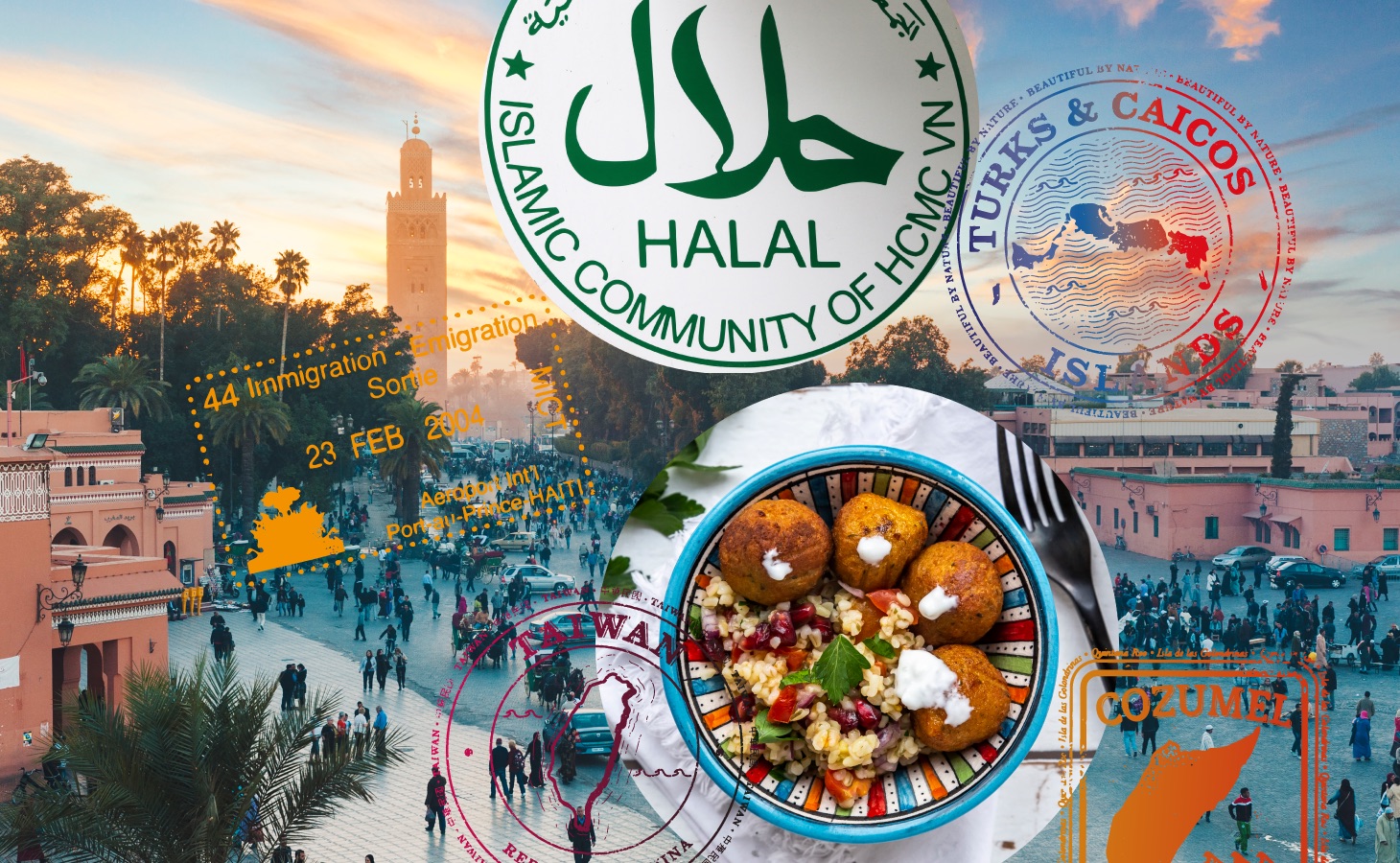The halal economy is experiencing an upward trend as the demand for halal products from Muslims and non-Muslim nations increases, according to a new study.
Frost & Sullivan’s recent analysis, Global Halal Economy Growth Opportunities, says the global halal economy market will likely reach $4.96 trillion by 2030 from $2.30 trillion in 2020.
The study focuses on halal foods, pharmaceuticals, tourism, and Islamic finance.
It says growth opportunities will increasingly emerge across Muslim and non-Muslim countries, driven by growing halal product demand by non-Muslims, consumer awareness, and both policy momentum and private sector initiatives.
According to the study, non-Muslim consumers are increasingly purchasing halal food because it is healthy and safe, and non-Muslim families may also opt for halal tourism for a family-friendly experience.
Halal fashion and tourism will increase among more conservative non-Muslim consumers, it says.
Growth opportunities in the halal market
“With higher levels of halal trade and Islamic finance potentially accelerating infrastructure development, the halal economy is poised to become more integrated with global trade and supply chains,” said Neha Anna Thomas, Senior Economist at Frost & Sullivan.
“Further, governments are strengthening regulatory and policy support through national masterplans and certification scope expansion, which will boost the halal industry’s growth.”
The study recommends that global governments unify halal standards and accreditation processes to help reduce the number of certification requirements and promote halal commerce.
It also says that global drug manufacturers and raw material suppliers should incorporate halal-certified products into their offerings to tap into growing halal pharmaceutical demand from Muslim countries.
To increase consumer trust, food manufacturers should collaborate with technology companies to improve traceability and transparency, it adds.
“Transparency and traceability along the halal product value chain are crucial. Due to this, governments should encourage the adoption of advanced technologies such as blockchain and the Internet of Things (IoT) when developing halal economy masterplans, while businesses can partner with tech start-ups,” said Thomas.




